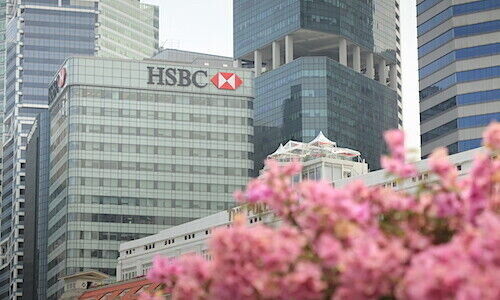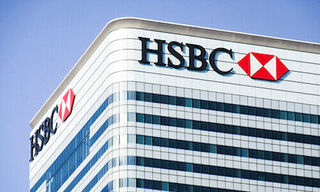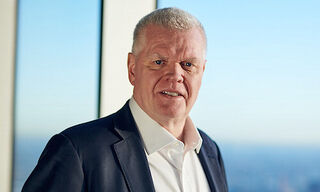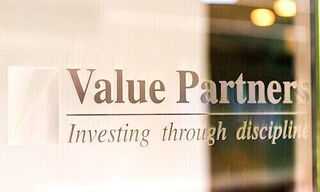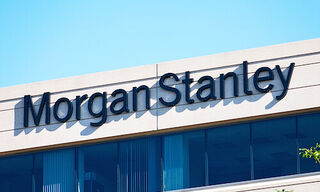A conservative think tank ranks Singapore and Switzerland first and second when it comes to economic freedom. finews.asia takes a look.
For those looking for open markets, the rule of law, and regulatory efficiency, it seems like the world’s two most competitive and significant wealth management hubs are also great places to get business done – largely unimpeded.
At least that seems to be the take from the annual index of economic freedom by the Heritage Foundation, a US-based conservative think tank. In it, Singapore placed first with an overall score of 83.9, closely followed by Switzerland at 83.8.
The think tank measured economic freedom by looking at 12 quantitative and qualitative factors which it grouped under the four pillars comprising the rule of law, size of government, regulatory efficiency, and open markets.
First in Region
Singapore’s score was roughly the same as it was last year, although it still leads the other 39 countries surveyed in the region by a long shot.
«Tax rates are competitive, and the regulatory environment is transparent. Openness to global commerce boosts productivity while facilitating the emergence of a more dynamic and competitive financial sector,» the foundation maintained.
Heritage did note that certain civil liberties remained restricted even though the ruling party, which has been in place for many decades, «champions» economic liberalization and international trade.
Dynamic and Resilient
Switzerland also came well ahead of 44 other countries in Europe, with the Washington D.C. foundation seeming to cast an almost envious eye at a federal government that «disperses power widely».
«Switzerland’s openness to foreign trade and investment continues to encourage a dynamic and resilient economy,» the foundation stated in its review.
The Visual Capitalist also recently grouped the data, which allows for some surprising conclusions. Overall, Europe is the freest region worldwide economically, partly followed by the Americas, although the US itself only ranked third regionally.
Poor Showing
The think tank attributed the relatively poor showing of the world’s largest economy due to several factors including inflation, increased government debt, and unchecked deficit spending.
On balance, however, these also affect many European countries (for debt, think Italy, and for inflation, the UK). At the very least, it is something that certainly leaves the impression that the qualitative may have superseded the quantitative when it came to tabulating the results.
Asia Lags
But, surprising or not, the once and future engine of world economic growth, China, and Asia more generally, seem to come off quite poorly in the index, although Taiwan, like Singapore, managed to punch above its weight by coming in fourth worldwide with a score of 80.7.
China itself only scored 48.3 and India 52.9. Both were followed by numerous countries in the region coming in with scores in the very middling 50s and 60s. There were also very high disparities in results, as exemplified by North Korea scoring a paltry 2.9 while just below the border, South Korea, fared reasonably well at 73.7.
Still, all of that should not stop the average wealth manager from resting with the peace of mind that the two key hubs of Singapore, and Switzerland, allow business, banking, and investment to get done – in an almost completely unfettered way.




















